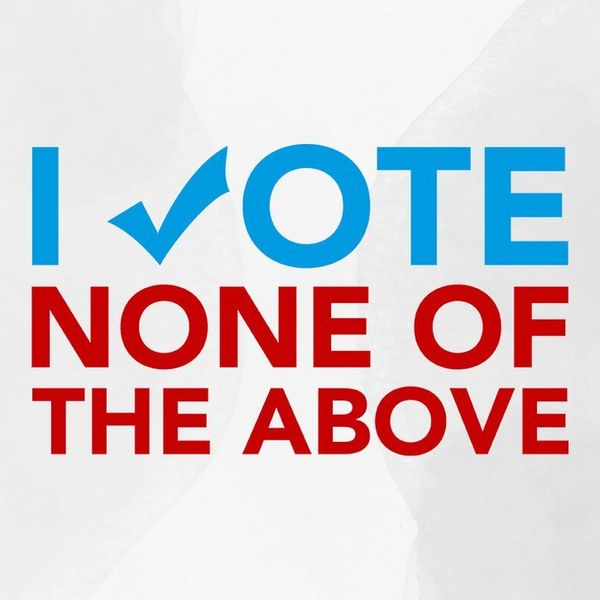Feminism is often considered a dirty word, and people who identify themselves as feminists are often seen as being "crazy" or overdramatic in some way, which isn't cool. However, there are a lot of things within the feminist movement as it stands today in the U.S. that also aren't cool.
The problems with the current feminist movement within the U.S. is not the movement itself but what the movement values most and who it values most.
This can be defined as white feminism, aka feminism that is solely centered on heterosexual white women (who are typically middle class or affluent) and the problems they may face. While issues such as having a sexist president who hopes to cut back on funding for programs that specifically benefit women are important, it is also important to recognize the people who are and have been most at risk in their daily lives, and those people are specifically women of color as well as groups who are marginalized on the basis of their race, religion, sexual orientation, gender identities, etc.
For instance, sayings such as "pussy power" and "pussy grabs back" have been put out into the public's attention by white feminists (again, to clarify: NOT people who are white and feminist, but people whose view of feminism is narrow and only values a very specific white perspective). While these sayings may seem political and catchy at first glance, it is crucial to see the ways in which these very sayings are inherently noninclusive. For instance, people who identify as women but do not have female genitalia are automatically excluded, and the majority of feminists who use "edgy" phrases such as these are not focused on the bigger picture and fail to see the ways in which feminism operates beyond their limited perspective.
The scary part of it all is how prevalent this is among many feminists and feminist groups, especially in the U.S. While it's refreshing to see people begin to organize and even though they may have the best of intentions, they can still cause harm by failing to learn about the struggles of others who occupy spaces differently than they do. By failing to see the way oppression intersects and differs from person to person based on factors such as race, gender, sexual orientation, religion, economic status, etc., people ultimately fail to take part in a movement that is truly empowering for all, and not just a select few.
So the next time you're out protesting and spreading the word about feminism, ask yourself this simple question: Who are you really doing it for?





















